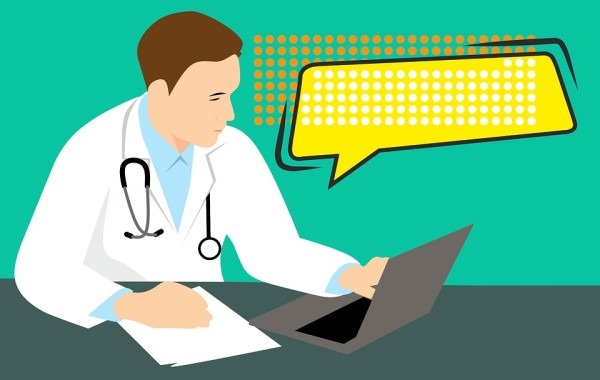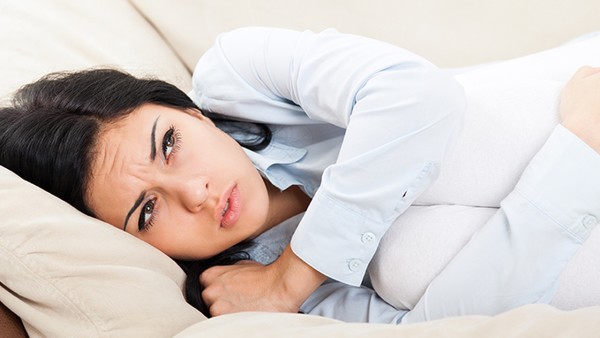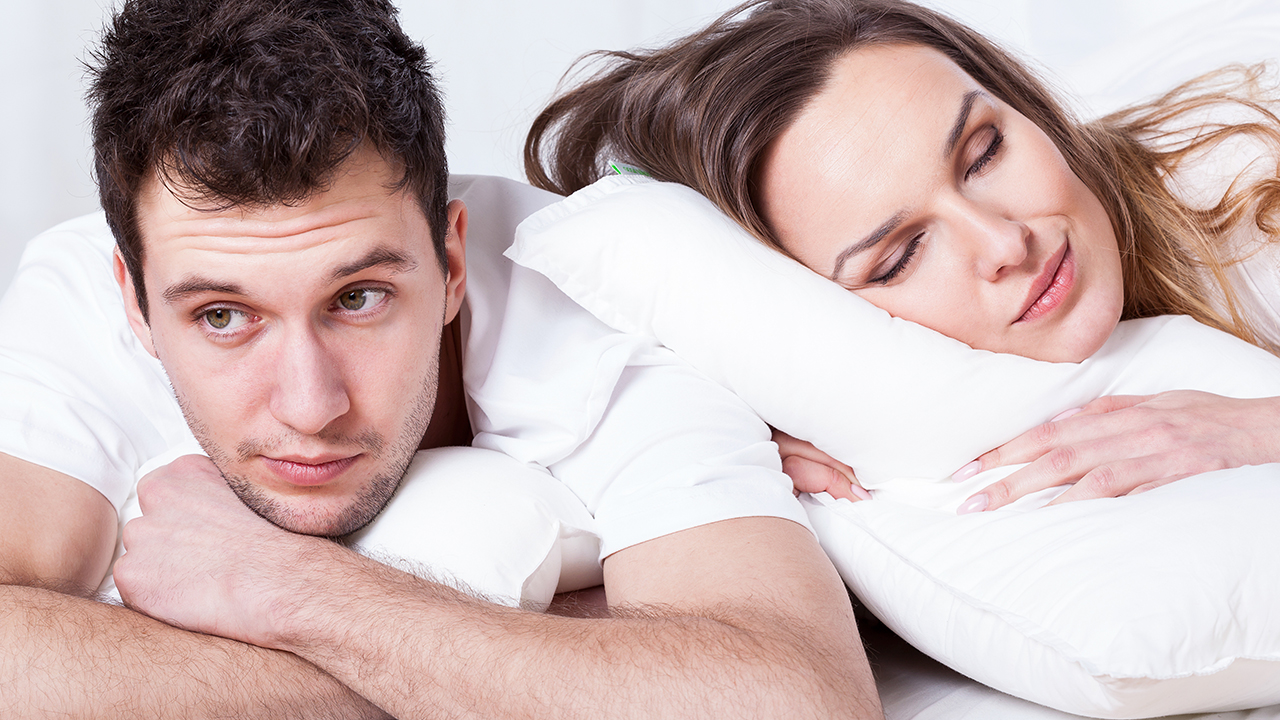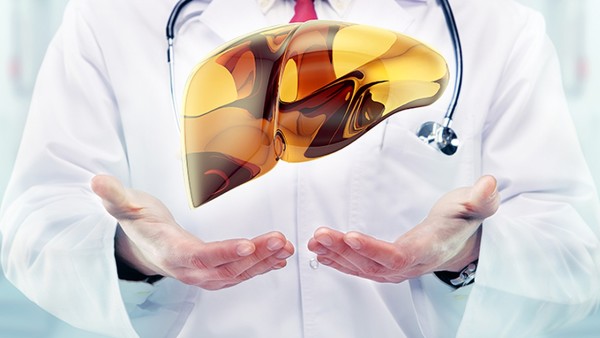Why Anxiety Disorders Cause Muscle Tightness

Anxiety disorders are a group of mental illnesses that can cause excessive worry, fear, and nervousness. These disorders can also lead to physical symptoms, such as muscle tightness.
There are several reasons why anxiety disorders can cause muscle tightness. First, when you are anxious, your body goes into "fight or flight" mode. This is a natural response to danger that causes your body to release hormones such as *** and cortisol. These hormones can cause your muscles to tense up in preparation for action.
Second, anxiety can lead to chronic stress. Stress can also cause muscle tightness, as it can lead to the release of hormones such as cortisol. Cortisol can cause your muscles to tense up and stay tense for long periods of time.
Third, anxiety can lead to poor sleep. When you don't get enough sleep, your body doesn't have time to repair itself. This can lead to muscle fatigue and tightness.
Symptoms of Muscle Tightness Caused by Anxiety Disorders
The symptoms of muscle tightness caused by anxiety disorders can vary depending on the individual. However, some common symptoms include:
Pain: Muscle tightness can cause pain in the affected areas. The pain may be sharp, dull, or throbbing.
Stiffness: Muscle tightness can make it difficult to move the affected areas. You may feel like your muscles are stuck or frozen.
Weakness: Muscle tightness can also cause weakness in the affected areas. You may feel like you don't have the strength to move your muscles.
Tenderness: Muscle tightness can make the affected areas tender to the touch. You may feel pain when you press on or massage the muscles.
Treatment for Muscle Tightness Caused by Anxiety Disorders
The treatment for muscle tightness caused by anxiety disorders will depend on the underlying cause of the anxiety. However, some common treatments include:
Therapy: Therapy can help you learn how to manage your anxiety and reduce your stress levels. This can lead to a decrease in muscle tightness.
Medication: Medication can also be helpful in reducing anxiety and muscle tension. However, it's important to note that medication is not a cure for anxiety disorders. It can only help to manage the symptoms.
Lifestyle changes: Making lifestyle changes, such as getting regular exercise, eating a healthy diet, and getting enough sleep, can also help to reduce anxiety and muscle tension.
How to Prevent Muscle Tightness Caused by Anxiety Disorders
There are a few things you can do to help prevent muscle tightness caused by anxiety disorders. These include:
Managing your anxiety: The best way to prevent muscle tightness caused by anxiety disorders is to manage your anxiety. This means learning how to identify your triggers and develop coping mechanisms for dealing with them.
Exercising regularly: Exercise can help to reduce anxiety and stress levels. It can also help to strengthen your muscles and improve your flexibility.
Eating a healthy diet: Eating a healthy diet can help to improve your overall health and well-being. This can also help to reduce anxiety and muscle tension.
Getting enough sleep: Getting enough sleep is essential for your physical and mental health. When you don't get enough sleep, your body doesn't have time to repair itself. This can lead to muscle fatigue and tightness.
When to See a Doctor
If you are experiencing muscle tightness that is severe, persistent, or accompanied by other symptoms, such as pain, stiffness, or weakness, it's important to see a doctor. Your doctor can help to determine the cause of your muscle tightness and recommend the best course of treatment.
The above is all the content that the editor wants to share with you. I sincerely hope that these contents can bring some help to your life and health, and I also wish that your life will be happier and happier.
Topic: #disorders #anxiety #why













